Confessions Of A Socialist Entrepreneur
- Text by Olivia Knight
- Photography by Olivia Knight

“You’re working for the Devil.” This was my Dad’s response to the news that I’d found my first proper job at 21. My Dad is not a religious man. He is a socialist. I had just got a job in marketing.
Of course marketing isn’t inherently bad. Like theatre, language and ritual, it’s about communication and can be used to inspire us to think, feel and do all sorts of things. But as it’s predominantly used by corporations to persuade us to buy more, fly more, shop more and consume more, as it fuels desire and debt, it’s arguably capitalism’s most powerful weapon.
Being raised in a socialist household, brought up on benefits and considering myself a good, green, ethical person, my career choice caused me quite a bit of internal conflict. For the 10 years I worked as a brand consultant I attempted to resolve this by working for people and projects I really respected – like the Co-Op Bank (back then), Eurostar and The Guardian – and relieved my guilt by working for some really good biscuit brands. But I found it difficult to align my personal principles to my professional life until one conversation helped to clarify things for me.
I was having tea in the garden with Tony Benn. I’d been helping him with a personal project – a SeatCase that he’d invented – and so we were talking about his innovation and how to market it. Given both our backgrounds and our current pre-occupation I asked him how he was able to align his socialist principles with his entrepreneurial spirit – just like me working in marketing, wasn’t there an inherent conflict between socialism and selling?
As always, Tony’s answer was simple and direct: “Nonsense.”
“One of the most common mistakes made about socialists is that because they are suspicious of multinational corporations, they also somehow dislike enterprise.”
He made it clear that whilst we socialists should of course object to global corporations that are unaccountable to their customers, exploit cheap labour, dodge taxes, blacklist union members, bully small businesses and have more wealth and power than entire countries, we should absolutely support any enterprise that offers a useful product or service, provides decent jobs, respects labour laws and workers rights and pays back into society via a system of taxation.
Tony said there was only one thing he had ever agreed with Thatcher on and that was that we should be proud to be a “nation of shop keepers”. After all, it’s the hard working small business owners up and down the country that serve our needs and support our communities every day.
We talked a lot about UK entrepreneurs and how hard it is to compete, on and offline, with the might of the multinational. Tony pointed out that small businesses not only need all the marketing help they can get, but also need the support of the government, the banks and from us as consumers.
While socialists support public ownership of essential national services like energy, water, health, education and transport so that they can be run in the interests of the people not for profit, Tony argued that private enterprise is important for a healthy economy.
“We just need to recognise that profit is the primary motive and ensure we keep them in check.” He ended, as he always did, with a series of simple questions that we should always ask of any business: “Who’s running things? In whose interests? How do we hold them to account?”
This conversation changed things for me. It helped me to choose the companies I worked for and those I didn’t. And it also helped when I came to start my own business last year.
Patchwork Present is a website that lets friends come together to collectively fund one big gift – piece by piece. As my Nan has helpfully pointed out, “It’s not a new idea. It’s a whip-round” and she’s right. It’s just that our digital version is a lot more secure, personal and fun than throwing some cash in a hat.
The thing I’ve loved about launching Patchwork Present is that it perfectly fits with my principles. It’s about being collective, creative and resourceful. We don’t sell anyone anything. We just allow people to collect money globally to spend locally on the one thing they really want, and at the same time help keep unwanted gifts out of landfill.
My company is not a social enterprise. It’s a for-profit business. But as a socialist entrepreneur I’ve been very clear about my ideals and my ambition right from day one. My initial investment pitch consisted of a presentation about the business idea and the two posters in the banner image above.
It’s fair to say my pitch was pretty polarising. But we got the funding we needed from a ‘patchwork’ of like-minded investors, and now our posters hang in our studio as a daily reminder of where we’ve come from and where we’re going.
“From each according to their means, to each according to their needs” is the simple socialist principle. And as a socialist entrepreneur my plan is to interpret this literally. To build a profitable business and pay my tax on those profits to support the Welfare State of which I am a proud product.
Of course we don’t have to worry about this now. We’ve only been going for six months. But our posters are on our wall and in this article to make sure we don’t go changing our minds if we ever do get rich. If there’s one thing history has taught us it’s that money and power corrupt. So it makes sense to put stuff in place to protect our principles from our potentially fucked up future selves.
As a socialist entrepreneur I want to make a profit but not at any price.
I want to make a profit by offering a product that has genuine use and value, a service that is personal and helpful and by creating a company that is honest, open and accountable.
I want to make a profit whilst paying people fairly, respecting labour laws and the British tax system.
I want to prove that it’s possible to have principles and make a profit.
Of course it’s early days. And these things are easy to say. So do me a favour and keep an eye on us. As Tony Benn would say, make sure you hold us to account.
Check out Huck’s tribute to the late Tony Benn or find out more about Patchwork Present.
Latest on Huck

Three decades behind the scenes of the music industry
Eddie Otchere’s ‘Spirit Behind the Lens’ is a story of music and culture that crosses and transcends borders.
Written by: Isaac Muk
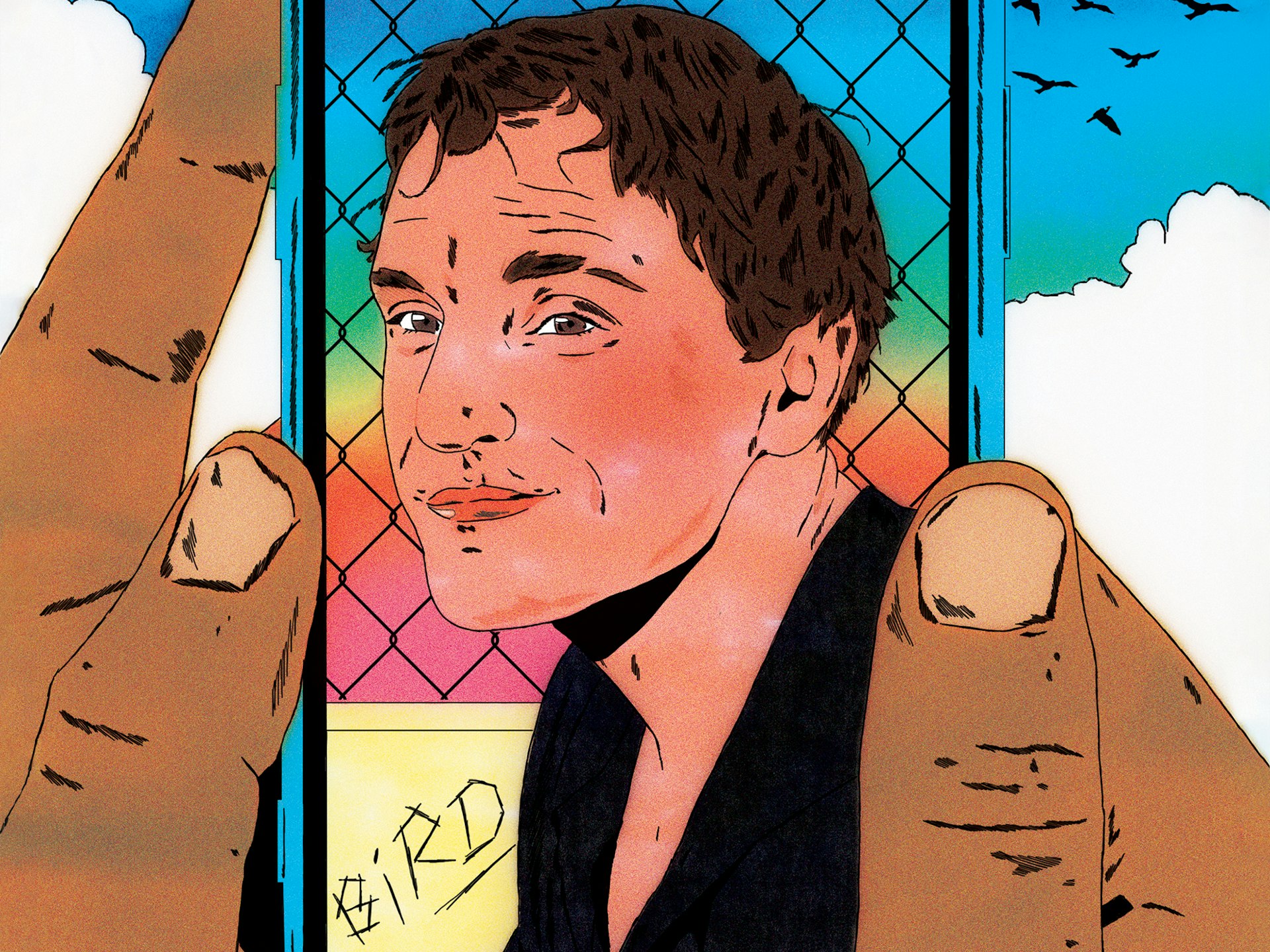
Barry Keoghan, Franz Rogowski and Andrea Arnold on ‘Bird’
The new issue of Little White Lies brings Andrea Arnold’s sixth feature to life with a thematic voyage down the Thames estuary.
Written by: Maisy Hunter
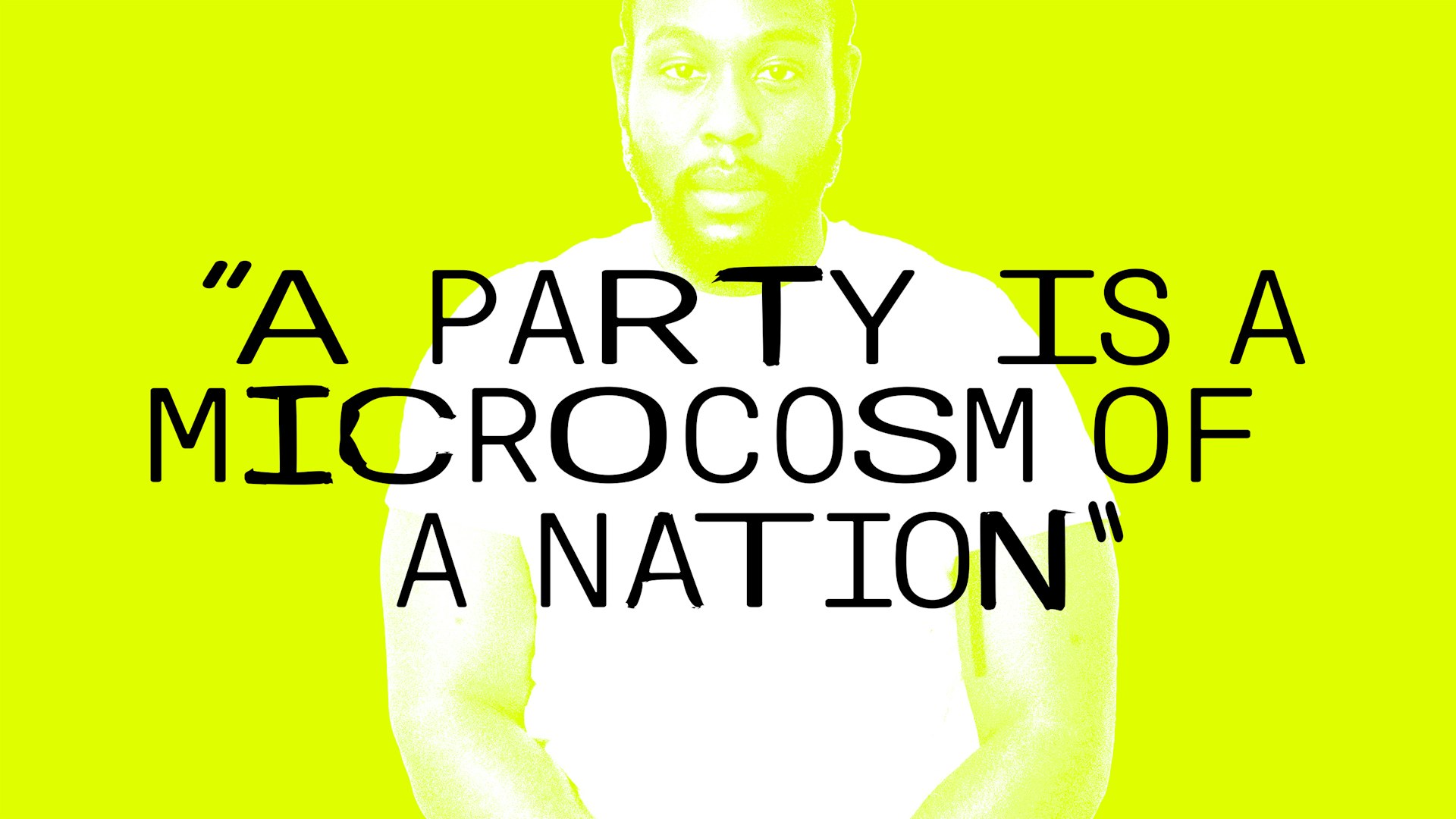
“A party is a microcosm of a nation”: Caleb Femi on the decline of the house party
To celebrate the publication of his new collection ‘The Wickedest’, Isaac Muk caught up with Femi to talk more about the work, the future of the shoobs, and discuss why having it large on a Saturday night should be cherished.
Written by: Isaac Muk
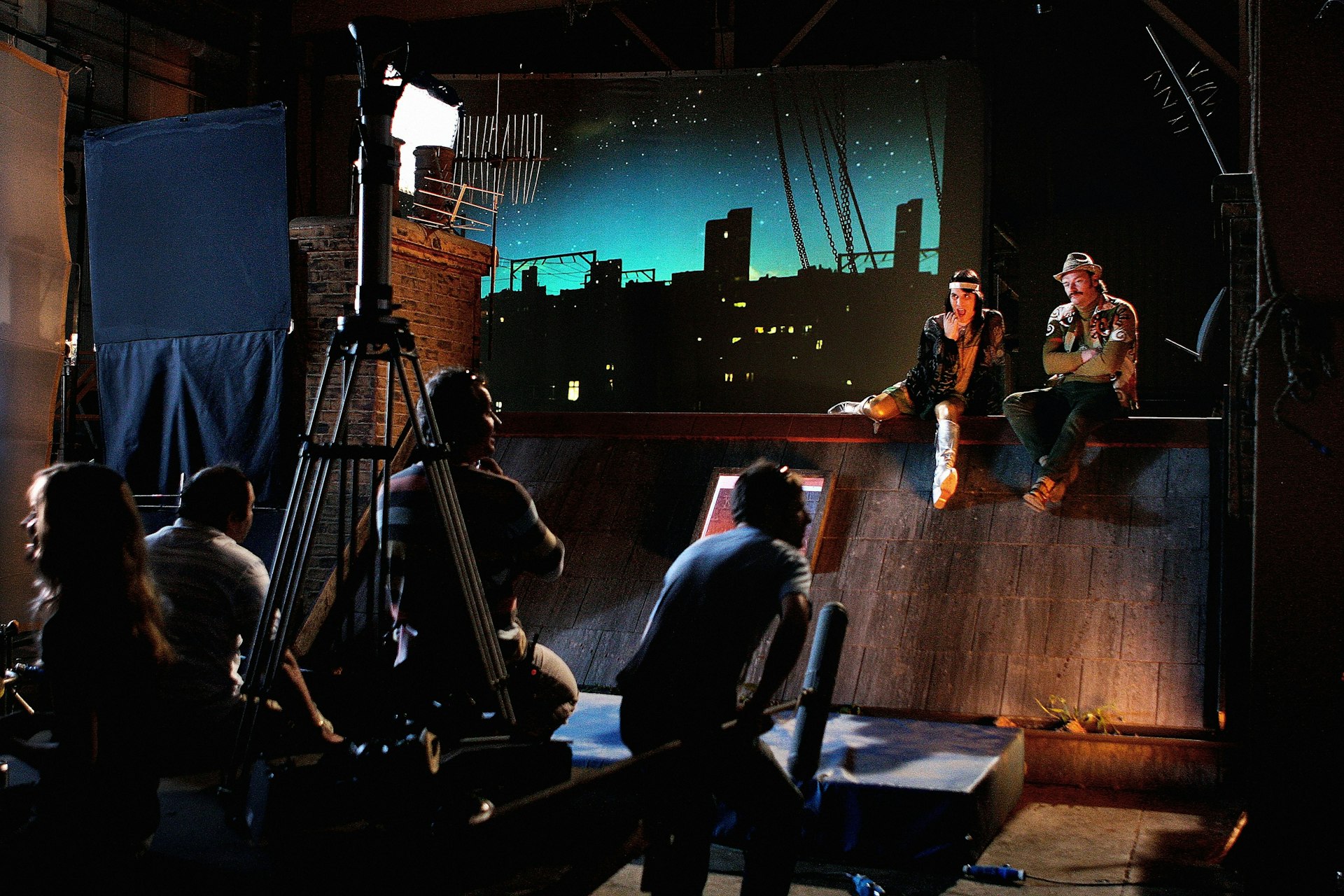
Celebrating 20 years of The Mighty Boosh
A new exhibition takes a look behind the scenes of the iconic show two decades after its BBC3 premiere.
Written by: Isaac Muk
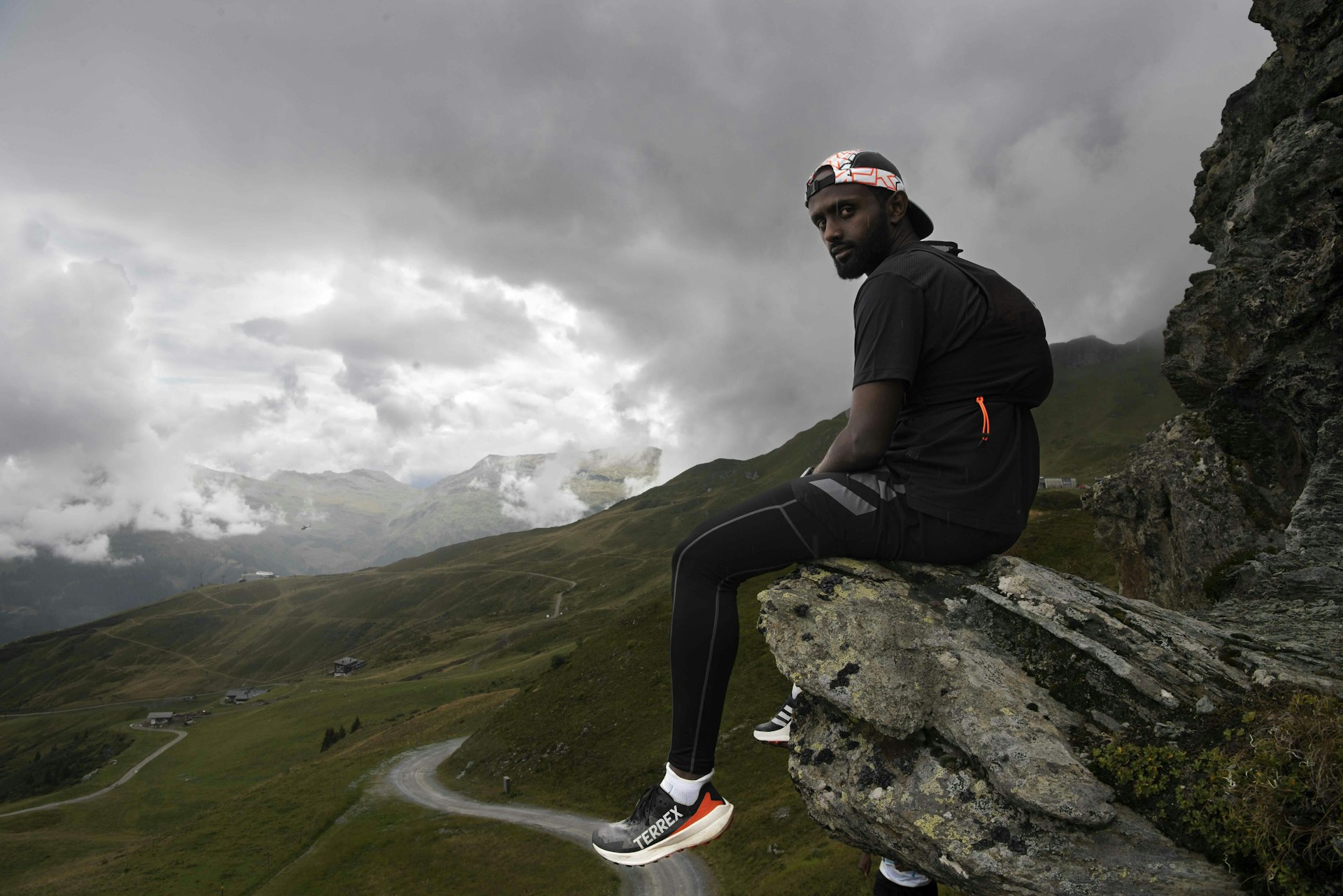
We Run Mountains: Black Trail Runners tackle Infinite Trails
Soaking up the altitude and adrenaline at Europe’s flagship trail running event, high in the Austrian Alps, with three rising British runners of colour.
Written by: Phil Young
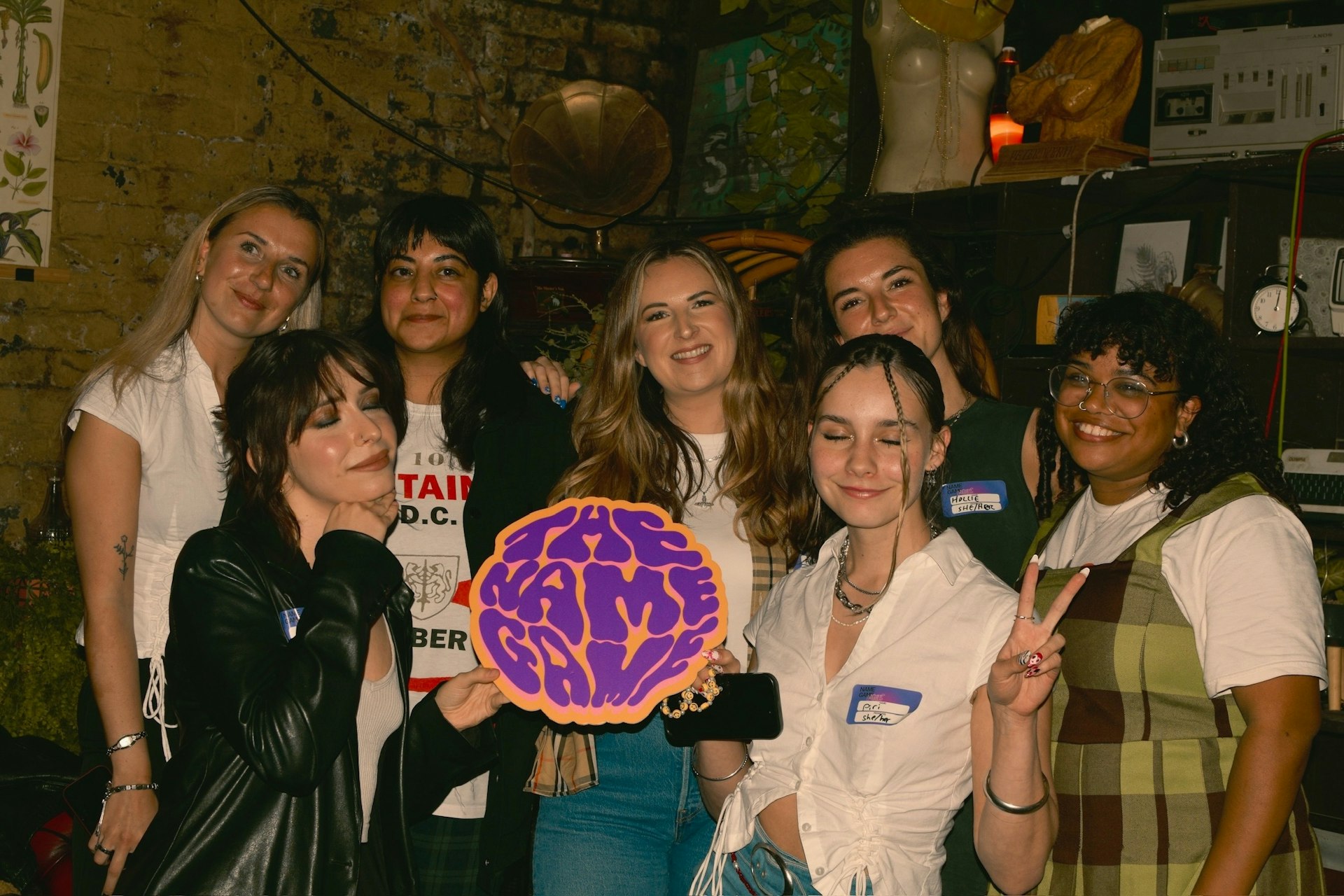
The organisation levelling the playing field in the music industry
Founded in 2022, The Name Game is committed to helping female, non-binary and trans people navigate the industry.
Written by: Djené Kaba